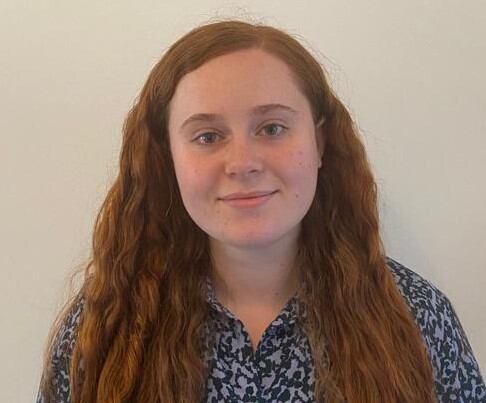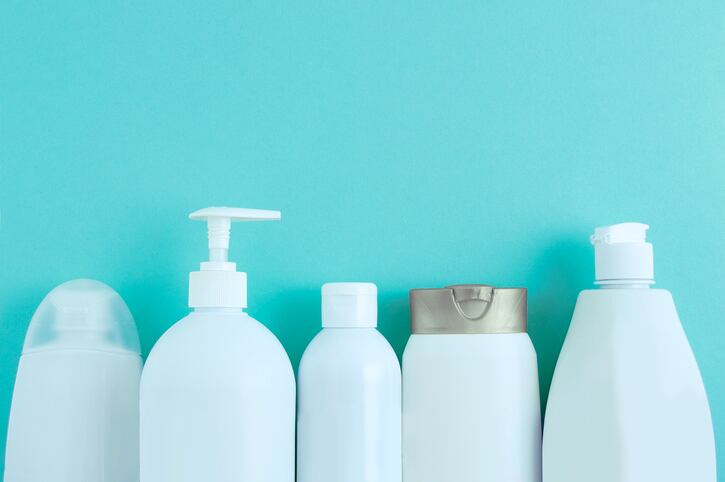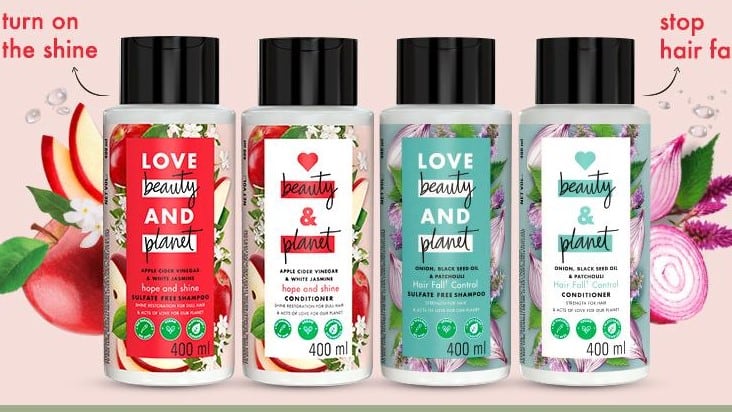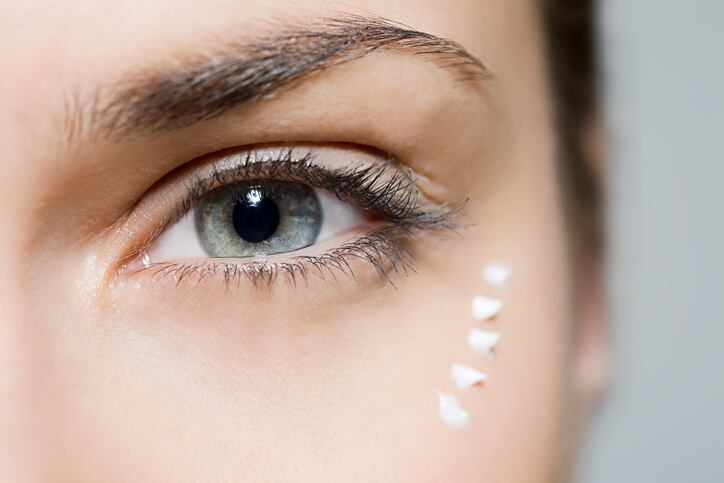Unilever’s mega beauty and personal care division, worth €21.1bn in 2020, had now been carved into two distinct units: beauty & wellbeing and personal care. Home care, nutrition and ice cream made up the remaining three groups under the split, with each division set to be “fully responsible and accountable” for strategy, growth and profit globally.
‘Crystal-clear accountability for delivery’
Alan Jope, CEO of Unilever, said the new organisational structure had been developed over the past year and was designed to continue the “step-up” the company had seen in performance during this time.
“Moving to five category-focused business groups will enable us to be more responsive to consumer and channel trends, with crystal-clear accountability for delivery,” Jope said.
“Growth remains our top priority and these changes will underpin our pursuit of this,” he said.
The reorganisation of Unilever’s global business would also see a reshuffle at the top, with a 15% reduction in senior management roles, effective from April 1, 2022. Unilever’s current president of beauty and personal care Sunny Jain would leave Unilever to pursue different business goals, setting up an investment fund in technology megatrends. Fernando Fernandez, current EVP of Latin America, would take the helm of beauty & wellbeing and Fabian Garcia, current president of North America, would lead personal care.
All costs associated with the reorganisation would be managed under “existing restructuring investment plans”, Unilever said. The personal care major was due to release its full-year 2021 results this week where more details would likely be shared.
The Expert View

Increased innovation for 'more personalised' beauty
Hannah Cleland, consumer analyst at GlolbalData, said Unilever’s restructure should pave the way well for innovation in beauty, wellbeing and personal care, particularly at a time where issues like inflation continued to impact business, for Unilever and the rest of industry.
“In recent years, Unilever has tried out various tech initiatives such as harnessing Augmented Reality (AR) to bring consumers a more enhanced online shopping experience, particularly within beauty and personal care,” Cleland told CosmeticsDesign-Europe.
Carving out dedicated business groups, she said, should help Unilever increase focus on these tech innovations; important to developing a “more personalised experience” for the consumer.
According to Global Data’s 2021 consumer survey, 53% of people said they were regularly influenced by how well a product or service was tailored to their needs or personality. And Cleland said products tailored to individual health or lifestyle needs had “skyrocketed” in recent years.
In the beauty category, she said both men and women were looking for products that catered to specific hair and skin conditions and were “increasingly equipped with the knowledge and tools to find brands with these unique, personalised claims”.
A carve-out trend? Unilever Elida Beauty and J&J Consumer Health Company
Back in April 2021, Unilever announced the carve-out of its smaller beauty and personal care brands under a new standalone business Elida Beauty, featuring brands predominantly sold in Europe and North America like Q-Tips, TIGI, Timotei and Impulse.
The move came amidst a dip in first quarter (Q1) net sales globally, with beauty and personal care down 5% in the same quarter, aiming to create a space where these smaller brands could “benefit from dedicated management focus”, according to the Unilever CEO.
Speaking to analysts on an earnings call at the time, Jope said: “It’s now a standalone group and we’re looking at what the best way is to build a bright future for that portfolio.”
Late last year, fellow personal care titan Johnson & Johnson (J&J) also made the decision to split up operations, separating out its €13bn consumer health division – made up of core brands like Neutrogena, Aveeno, Listerine and OGX – to create a new publicly traded Consumer Health Company. J&J said the move formed part of a wider plan to pursue more targeted growth strategies.
At the time of the split, Alice Popple, consumer analyst at GlobalData, said the move would see J&J become more competitive in personal care as it would have more space for dedicated R&D investment in the category. “Increased investments will allow Consumer Health Company to focus on added-value properties that can help to create a level of personalisation and empower consumers with tailored product choices,” Popple said.
Referencing Unilever’s Elida Beauty carve-out just ahead of J&J’s move, she said companies were splitting out business units to “update strategy” and attract investor partnerships due to a “designated focus to grow rapidly”.




